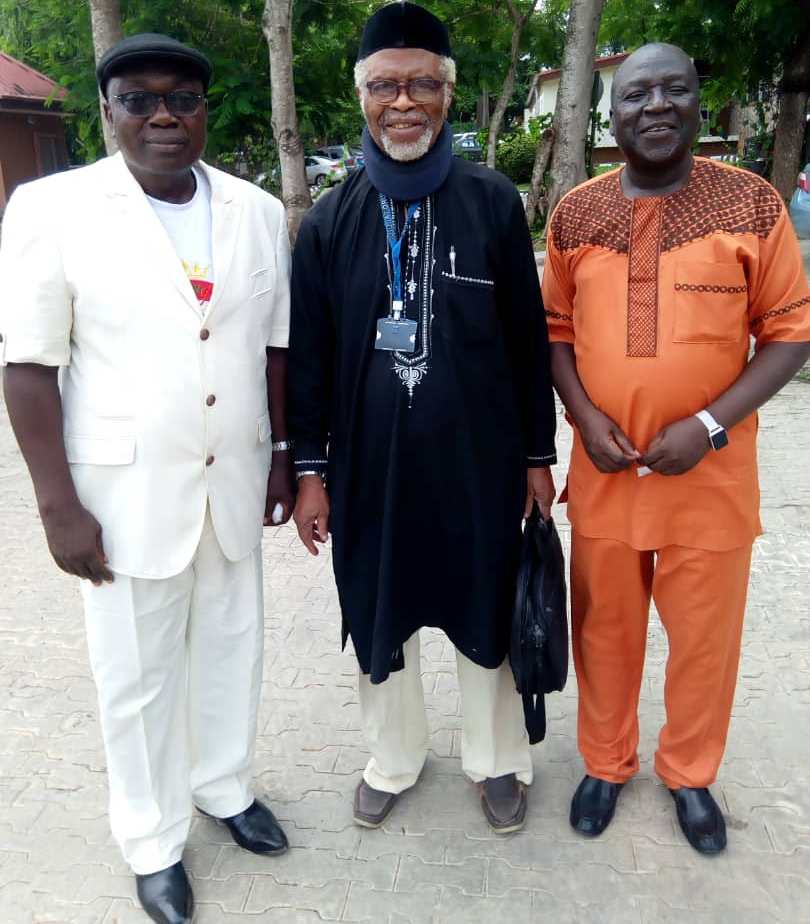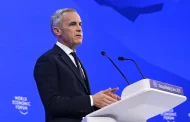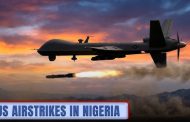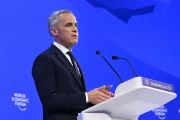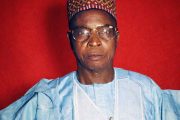Sighting a Prof Alaba Ogunsanwo on active duty in any country would be news. As a member of the second generation of political scientists who indegenised the discipline in Nigeria or explored issues that are just becoming more problematic, he enjoys that stature. In his own case, the reasons are many.
He did not write a classic such as Claude Ake, (Social Science as Imperialism) or Okwudiba Nnoli, (Ethnic Politics in Nigeria) but he engaged China’s relations with Africa before it became the subject it is today. Additional to that, he was a member of the committee that came up with the idea of ‘Africa as centre piece of Nigeria’s foreign policy’. That was not the phrase the committee used but it was the critique of their original phrase somewhere in the Cabinet Office or so that gave rise to the Africa as centre piece paradigm. Thirdly, he is the author of “Nigeria’s External Relations, 1960 – 1985”. The essay in question is not one of these facts – hugging, statistics dependent stuff produced by realists of those days. It is rather a critical piece of work informed as it is by radical political economy perspective. In those days when the essay was published, application of radical political economy was still very rare in the analysis of Nigerian foreign policy. Above all, he ended up being Nigeria’s High Commissioner to Botswana, getting the opportunity to practice what he had been writing about. And before it is forgotten, he went to very good schools, be it Ahmadu Bello University, Zaria where he got his First Degree or the London School of Economics and Political Science, (LSE) where he obtained his PhD.

Prof Tajudeen Akanji, Director IPSS
When such a scholar-practitioner comes back to academia, it is a national story. Intervention, therefore, took interest in the picture of Prof Alaba Ogunsanwo at the University of Ibadan’s Institute for Peace and Strategic Studies. When he was done, doctoral students of the institute put out the picture of his departure protocols with the incumbent Director of the institute, Prof Tajudeen Akanji and another top academic of the ‘Ibadan School of Peace Studies’, Dr. Nathaniel Danjibo.
The picture immediately brings up the question of where the other members of Ogunsanwo might be. That is, the Okwudiba Nnolis; the Adiele Junaidus; the Bayo Adekanyes; the Alex Gboyegas; the Jonah Isawa Elaigwus; the Sam Oyovbaires; the Ibrahim Gambaris; the AD Yahayas; the Ahmadu Jalingos; the Bolaji Akinyemis and others too many that do not come to mind immediately. It is not clear if this is the generation that the Asisis Asobies and WO Allis belong. Of course, a number of them are dead but a majority of them are still alive, with some running think tanks or NGO of one type or the other.
The point to their credit is that, by and large, they succeeded in handing over to a successor generation: the Sam Egwus, Okey Ibeanus, Jibrin Ibrahims, Attahiru Jegas, Adigun Agbajes, Ogban Inyangs and Eghosa Osaghaes. It is true a new generation of high fliers in political science is emerging but that doesn’t say anything conclusive about whether the current leaders in the discipline are producing a successor generation.
Whatever is the case, the picture of an old war horse in an old combat zone as UI must excite many souls in the Peace and Conflict Studies; Political Science; International Relations; International Security; International Political Sociology; History, Critical Security Studies, Geography; Strategic Studies and Geopolitics axis of knowledge!

